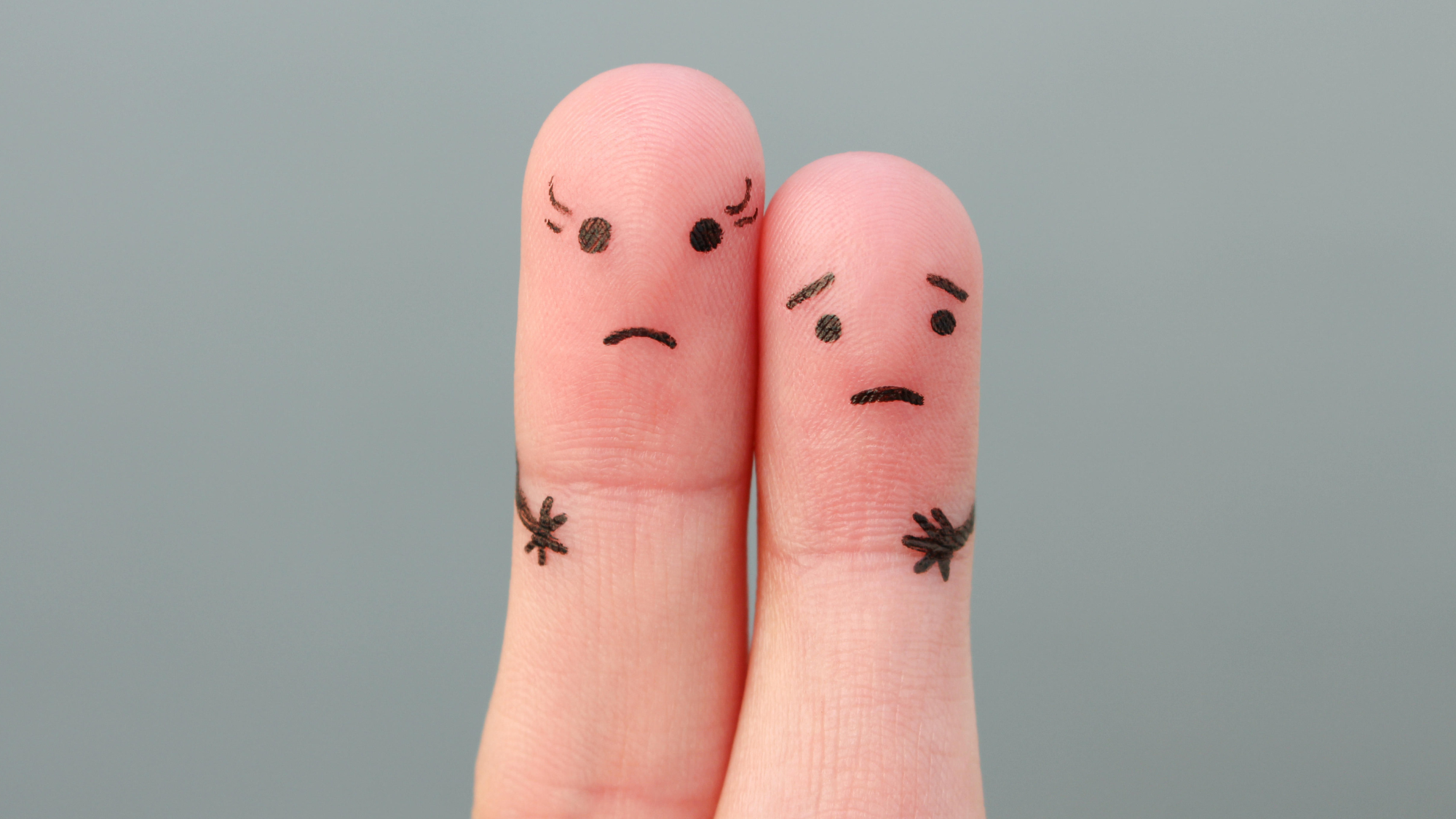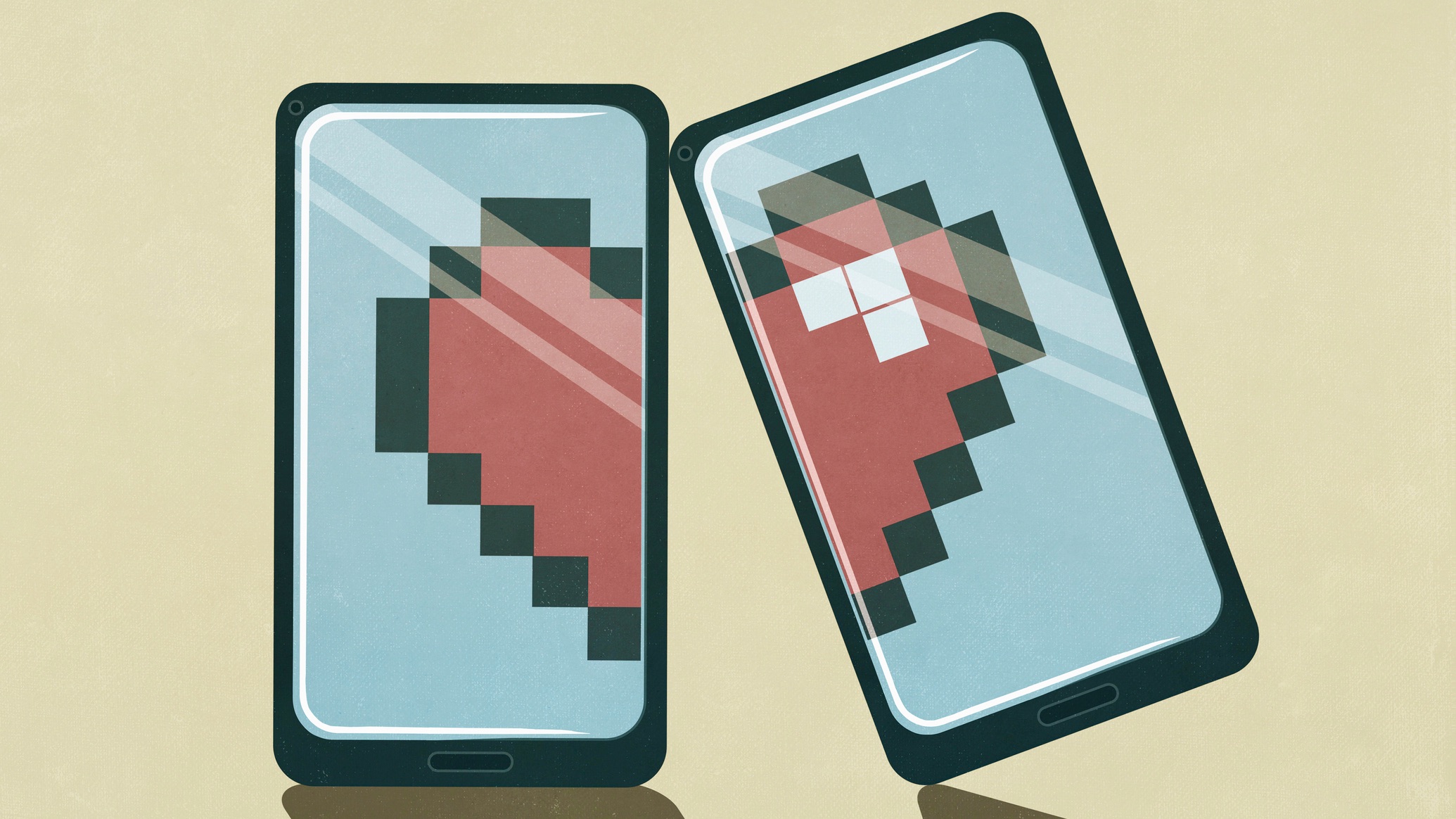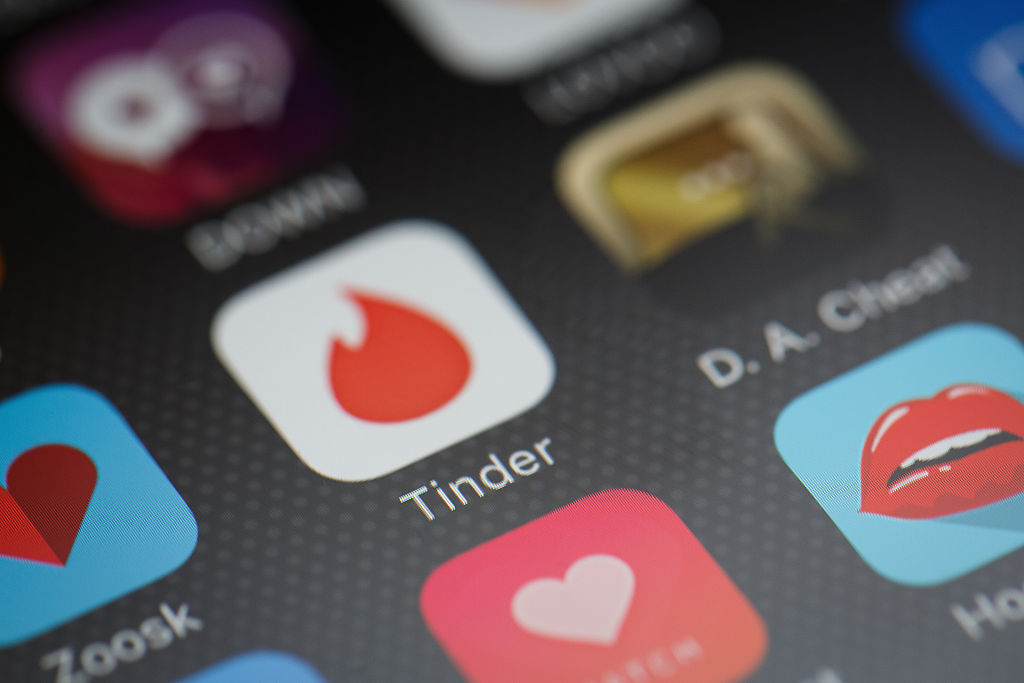Falling out of love with dating apps
Bumble's CEO steps down amid research showing dating apps are turning off young people

A free daily email with the biggest news stories of the day – and the best features from TheWeek.com
You are now subscribed
Your newsletter sign-up was successful
The vast majority of young people are no longer using dating apps, according to a new study.
In an Axios survey of nearly 1,000 US college and graduate students, 79% said they didn't use any dating apps, "even as infrequently as once a month". This apparent disinterest may go some way towards explaining a "slide" in the stock price of some of the biggest companies in the online dating industry including Match Group, which owns Tinder and Hinge.
Losing the spark
Options "abound" with online dating apps, said the LA Times last year. The paper quoted research showing that "heterosexual couples in the US are now more likely to meet a romantic partner online" than through other forms of connection.
The Week
Escape your echo chamber. Get the facts behind the news, plus analysis from multiple perspectives.

Sign up for The Week's Free Newsletters
From our morning news briefing to a weekly Good News Newsletter, get the best of The Week delivered directly to your inbox.
From our morning news briefing to a weekly Good News Newsletter, get the best of The Week delivered directly to your inbox.
A 2019 study by the Pew Research Center found that nearly half of 18- to 29-year-olds in the US claimed to "have used a dating app in their life".
And online dating "reached new heights" in the pandemic, said the LA Times, with Bumble reporting a 70% rise in video calls and Tinder exceeding three billion swipes for the first time in March 2020.
But dating apps today "seem a little lovelorn", said the Financial Times (FT), after 2022 saw the "lowest number of downloads in four years".
Tinder reported an 18.5% year-on-year drop in US users in January, and web traffic among its competitors fell by up to 22%, according to Similarweb.
A free daily email with the biggest news stories of the day – and the best features from TheWeek.com
The break-up
Just 12% of the 978 students quizzed by Axios last month said they used Tinder, while 8% used Hinge, 8% Bumble, 2% Grindr, 1% used Coffee Meets Bagel, and 3% other apps. The findings matter, said the report, because students tend to be the "target demographic" for dating apps, which are "advertising and hosting campus events".
Many companies in the online dating industry are experiencing stock decline. Bumble's CEO Whitney Wolfe Herd stepped down this month as the company's "growing pains as a public company continue", said Forbes. The 34-year-old, who became "the youngest self-made female billionaire" in 2021, co-founded Bumble after suing Tinder for sexual harassment.
Her move to executive chair, after nearly 10 years in charge, "follows an extended slide for Bumble stock" since it went public in 2021, with its share price now 83% below its all-time high.
Match Group is also "trading at its lowest price" since July 2010, when it became a separate company from IAC, said CNBC. And analysts have "expressed concern" about the company's Q4 projections, with expected revenue down by $30 million, following a 6% year-on-year decline in paid subscribers to Tinder.
Real-world encounters preferred
The majority of young people on campuses "say they prefer to meet people in person", said Axios. "I feel dating apps have ruined the dating scene for many people my age", said Melanie Perez, a junior at Sam Houston State University, in Texas.
It's "no wonder dating is in decline", said The Telegraph's Charlotte Lytton, who believes the "biggest issue" is that "swiping is a full-time job". "Holding down any kind of career" while trying to find a prospective partner through online dating is "laughable", wrote Lytton, who added "this glut of options appears to have done nothing for love nor lust".
Online dating can feel "soul-destroying, unnerving and transactional", The Guardian's Lizzie Cernik wrote earlier this year, after interviewing couples whose "love lives were transformed when they finally stopped swiping".
While dating apps encourage users to choose potential matches by criteria such as height, age or profession, she said, "real-world encounters can bring us face to face with people we might not usually consider".
Keumars Afifi-Sabet is a freelance writer at The Week Digital, and is the technology editor on Live Science, another Future Publishing brand. He was previously features editor with ITPro, where he commissioned and published in-depth articles around a variety of areas including AI, cloud computing and cybersecurity. As a writer, he specialises in technology and current affairs. In addition to The Week Digital, he contributes to Computeractive and TechRadar, among other publications.
-
 Health insurance: Premiums soar as ACA subsidies end
Health insurance: Premiums soar as ACA subsidies endFeature 1.4 million people have dropped coverage
-
 Anthropic: AI triggers the ‘SaaSpocalypse’
Anthropic: AI triggers the ‘SaaSpocalypse’Feature A grim reaper for software services?
-
 NIH director Bhattacharya tapped as acting CDC head
NIH director Bhattacharya tapped as acting CDC headSpeed Read Jay Bhattacharya, a critic of the CDC’s Covid-19 response, will now lead the Centers for Disease Control and Prevention
-
 Does Tinder's new height filter spell doom for 'short kings'?
Does Tinder's new height filter spell doom for 'short kings'?Talking Point The world's biggest dating app is trialling a new 'preference' – but some worry it will shorten the odds of finding a match
-
 Are dating apps dying?
Are dating apps dying?Talking Points Younger people are ditching dating apps in favour of seeking real-world encounters
-
 Tinder faces questions over age checks following child rape cases
Tinder faces questions over age checks following child rape casesSpeed Read UK government asking dating apps about measures used to protect children